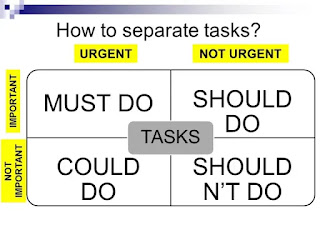Your liver is a vital organ that plays a major role in keeping you healthy. Here are some key things you can do to maintain a healthy liver:
Diet: Eat a balanced diet that's rich in fruits, vegetables, and whole grains. These foods provide essential nutrients that your liver needs to function properly. Limit unhealthy fats, processed foods, and added sugars. Maintaining a healthy weight can also help reduce your risk of nonalcoholic fatty liver disease.
Exercise: Regular exercise helps your body burn fat and improve insulin sensitivity, which can benefit your liver health. Aim for at least 30 minutes of moderate-intensity exercise most days of the week.
Alcohol: Limit alcohol consumption. Alcohol can damage liver cells and lead to serious health problems. If you choose to drink, do so in moderation.
Toxins: Avoid toxins and pollutants whenever possible. These can come from environmental sources, certain medications, and even some supplements. Be cautious with household cleaners, garden chemicals, and aerosol products.
Vaccination: Get vaccinated against hepatitis A and B. These viruses can cause liver inflammation.
Supplements: Talk to your doctor before taking any herbal supplements or medications, as some can harm your liver.
Maintain good hygiene: Practice good hygiene to prevent hepatitis A, which can be spread through contaminated food or water.
By following these tips, you can help keep your liver healthy and functioning optimally. If you have any concerns about your liver health, be sure to talk to your doctor.


